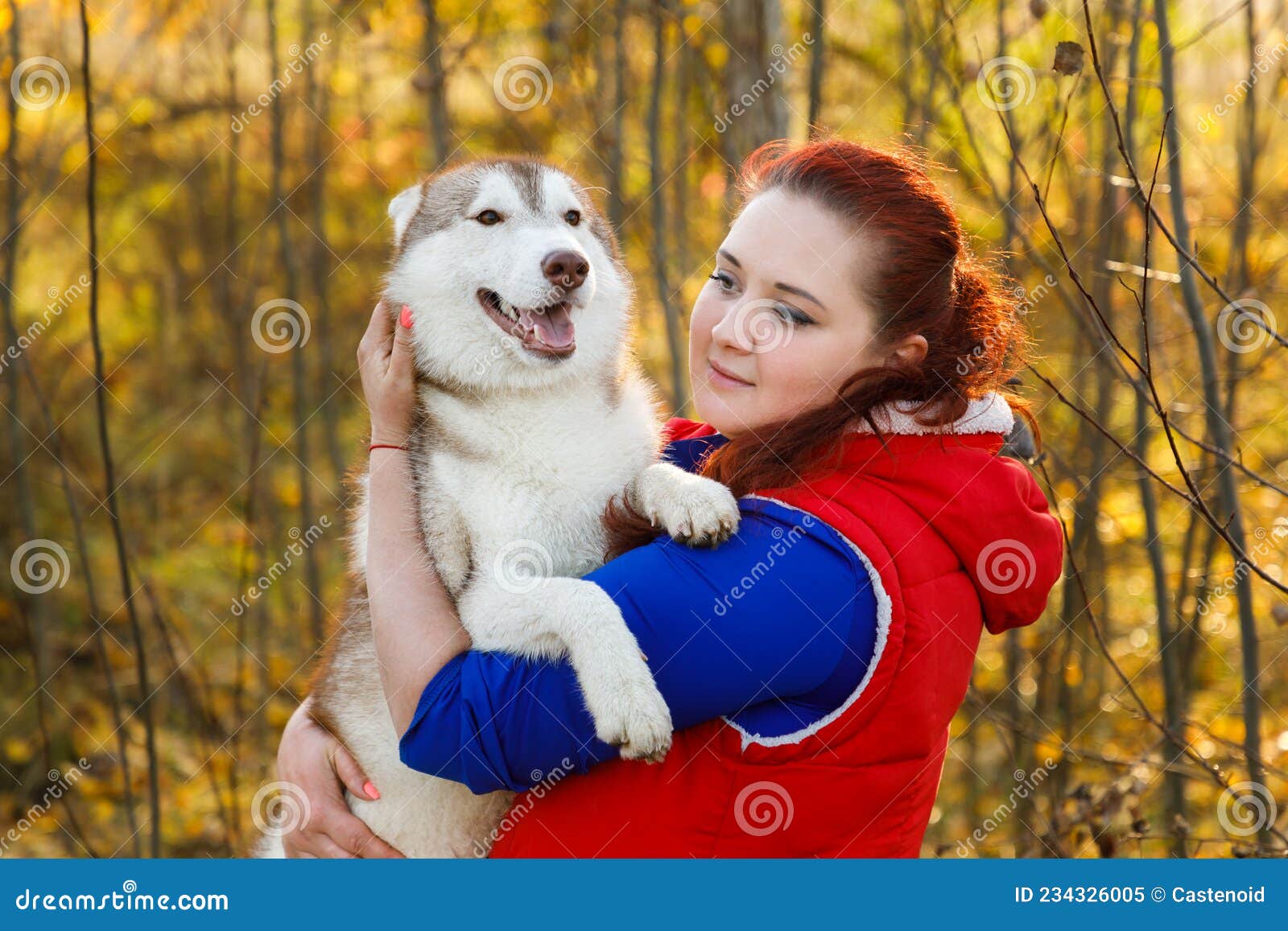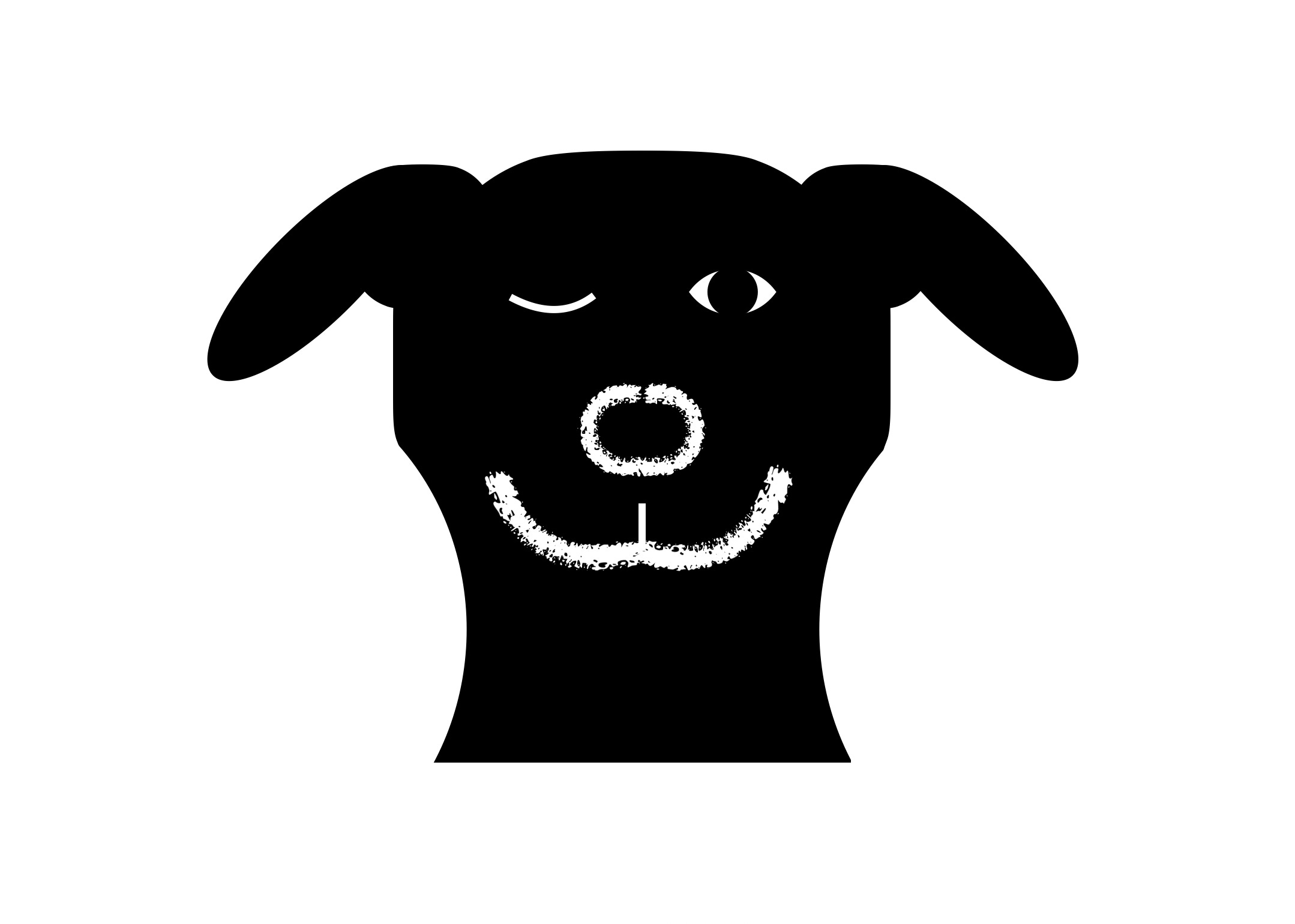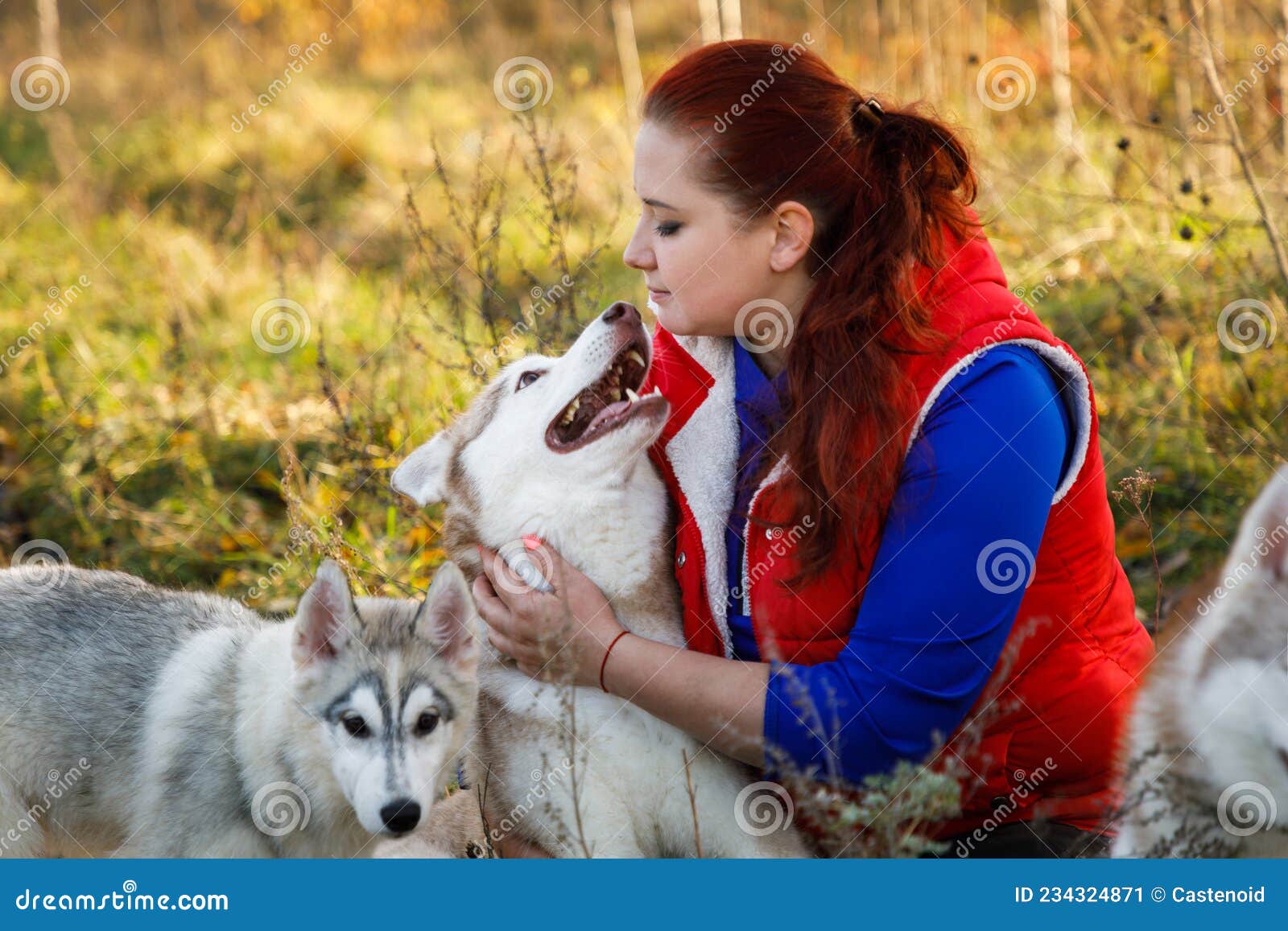Hey there, buddy! If you're diving into the world of French expressions, you've come across a doozy with "coquin de chien." Now, don't get me wrong—this phrase might sound quirky at first glance, but it's packed with history, culture, and meaning. So, buckle up because we're about to break it down for you in a way that's both fun and informative. Whether you're a language enthusiast or just curious about what makes French expressions tick, this is the ultimate guide for you.
Let’s be honest, French phrases can sometimes feel like a puzzle wrapped in a riddle inside an enigma. But "coquin de chien" is one of those gems that adds a touch of humor and sass to your vocabulary. It’s the kind of phrase you want to sprinkle into conversations when you’re feeling cheeky—or just want to impress someone with your linguistic skills. Stick around, and we’ll explore what makes this expression so special.
Now, if you’re wondering why we’re even talking about "coquin de chien" in the first place, well, it’s simple. This phrase has roots that go way back in French history, and it’s still used today in casual settings. It’s like a little linguistic time capsule that connects the past with the present. So, whether you’re brushing up on your French or just want to expand your knowledge of quirky phrases, this article’s got you covered.
What Exactly Does Coquin de Chien Mean?
Alright, let’s get straight to the point. The phrase "coquin de chien" roughly translates to "naughty as a dog" or "mischievous like a dog" in English. But hold on a sec—there’s more to it than just a direct translation. In French culture, this expression is often used to describe someone who’s playful, cheeky, or a bit of a troublemaker. It’s not necessarily negative, though. In fact, it can be a term of endearment depending on the context.
Think about it like this: imagine you’ve got a friend who’s always pulling pranks or cracking jokes at the most unexpected times. You might call them "coquin de chien" as a way of acknowledging their playful nature. It’s the kind of phrase that adds a bit of spice to your conversations and makes people smile.
Breaking Down the Words
Let’s dissect this phrase a bit further, shall we? The word "coquin" comes from the Old French "coque" which means "cock," but in this context, it refers to someone who’s mischievous or sly. Then we’ve got "de chien," which literally means "of the dog." So, when you put it all together, you’ve got a phrase that paints a vivid picture of someone who’s as playful and unpredictable as a puppy.
- Marie Temara Nudes Debunking Myths And Exploring The Truth
- Movierulz Kannada 2023 Your Ultimate Guide To The Latest Movie Scene
Now, here’s the thing—language is fluid, and meanings can shift over time. In modern usage, "coquin de chien" isn’t just about dogs anymore. It’s become a catch-all term for anyone who’s got a bit of a rebellious streak or a knack for mischief. And honestly, who doesn’t love a bit of mischief every now and then?
Historical Context of Coquin de Chien
To truly understand "coquin de chien," we need to dive into its historical roots. This phrase dates back to the Middle Ages when French society was heavily influenced by folklore and animal symbolism. Dogs, in particular, were often seen as loyal companions but also as mischievous creatures that could get into trouble from time to time. This duality is what inspired the phrase "coquin de chien."
During this period, the phrase was commonly used in literature and poetry to describe characters who were clever but not necessarily evil. Think of it like a medieval version of a trickster archetype. Over the centuries, the phrase evolved and found its way into everyday conversation, where it remains a beloved part of the French lexicon.
How the Phrase Has Evolved
Fast forward to today, and "coquin de chien" is still going strong. While its original meaning might have been tied to specific cultural contexts, it’s now used more broadly to describe anyone with a playful or mischievous personality. What’s fascinating is how the phrase has managed to adapt to changing times while retaining its core essence.
For instance, in modern French, you might hear someone say "Il est vraiment coquin de chien" to describe a child who’s full of energy and always up to something. Or, you might use it to tease a friend who’s just pulled off a clever prank. The beauty of language lies in its ability to evolve, and "coquin de chien" is a perfect example of that.
Coquin de Chien in Popular Culture
Now, let’s talk about how "coquin de chien" has made its way into popular culture. Over the years, this phrase has been featured in everything from literature to music to film. It’s become a staple in French media, often used to add a touch of authenticity to characters or scenes.
One notable example is in the works of Victor Hugo, where the phrase is used to describe characters who embody the spirit of mischief and rebellion. In modern times, you might catch it in a French sitcom or a stand-up comedy routine. It’s the kind of phrase that resonates with audiences because it captures something universal about human nature.
Examples in Literature
Here’s a quick rundown of some notable appearances of "coquin de chien" in literature:
- Les Misérables by Victor Hugo: The phrase is used to describe characters who are both charming and mischievous.
- Candide by Voltaire: In this satirical novel, "coquin de chien" is used to highlight the playful and rebellious nature of the protagonist.
- The Little Prince by Antoine de Saint-Exupéry: While not directly using the phrase, the book captures the essence of mischief and curiosity that "coquin de chien" embodies.
Using Coquin de Chien in Everyday Conversations
So, you’re probably wondering how you can use "coquin de chien" in your own conversations. Well, the good news is that it’s incredibly versatile. Whether you’re chatting with friends or trying to spice up your French lessons, this phrase is a great addition to your vocabulary.
Here are a few examples of how you might use it:
- “Tu es vraiment coquin de chien aujourd’hui!” (You’re really mischievous today!)
- “Il a fait une blague tellement coquin de chien que tout le monde a ri.” (He told such a mischievous joke that everyone laughed.)
- “Elle a un sourire coquin de chien qui te fait sourire aussi.” (She has a mischievous smile that makes you smile too.)
Tips for Pronunciation
Before you start throwing "coquin de chien" around in conversations, let’s make sure you’ve got the pronunciation down. Here’s a quick guide:
- Coquin: Pronounced as "koo-kan."
- De: Pronounced as "duh."
- Chien: Pronounced as "shee-en."
Put it all together, and you’ve got "koo-kan duh shee-en." Practice makes perfect, so don’t be afraid to give it a try!
Coquin de Chien and Its Cultural Significance
When you think about it, "coquin de chien" isn’t just a phrase—it’s a reflection of French culture and values. It speaks to the French love for wit, humor, and a bit of mischief. In a country where joie de vivre (joy of living) is celebrated, this phrase fits right in.
Moreover, "coquin de chien" highlights the importance of playfulness in relationships. Whether it’s between friends, family, or even romantic partners, a bit of mischief can go a long way in strengthening bonds. It’s a reminder that life doesn’t always have to be serious and that sometimes, it’s okay to let your inner "coquin de chien" shine through.
Why This Phrase Resonates with People
There’s something inherently relatable about "coquin de chien." Who hasn’t had those moments where they’ve acted a little mischievous or playful? This phrase taps into that universal experience and gives it a name. It’s no wonder it’s become such a beloved part of the French language.
Plus, in a world that can sometimes feel overly serious, "coquin de chien" serves as a reminder to embrace the lighter side of life. It’s a call to action to be a little more playful, a little more curious, and a little more adventurous.
Coquin de Chien vs. Other French Expressions
Of course, "coquin de chien" isn’t the only French expression that deals with mischief. There are plenty of others out there, each with its own unique flavor. Let’s take a look at a few:
- Esprit de l’escalier: This phrase refers to that witty comeback you think of after the moment has passed. While it’s not directly related to mischief, it shares a similar playful spirit.
- Faire le singe: Literally meaning "to act like a monkey," this phrase is used to describe someone who’s being particularly silly or mischievous.
- Jeu de mots: A play on words, this phrase is all about clever wordplay and humor.
Each of these expressions adds a different dimension to the French language, but they all share a common thread of playfulness and wit.
What Makes Coquin de Chien Stand Out?
So, why choose "coquin de chien" over these other expressions? Well, it’s all about context. While "faire le singe" might be more appropriate for describing someone who’s being silly, "coquin de chien" carries a bit more weight. It’s not just about being playful—it’s about being clever and mischievous in a way that’s endearing rather than annoying.
In other words, "coquin de chien" strikes the perfect balance between mischief and charm. It’s the kind of phrase that sticks with you long after you’ve heard it.
How to Incorporate Coquin de Chien into Your Life
Now that you know all about "coquin de chien," it’s time to start incorporating it into your life. Whether you’re learning French or just want to add a bit of spice to your conversations, this phrase is a great place to start.
Here are a few ideas:
- Use it in your next French lesson to impress your teacher.
- Throw it into a conversation with a French-speaking friend to see how they react.
- Write it in a journal or diary to remind yourself to embrace your playful side.
Remember, language is meant to be enjoyed. So, don’t be afraid to have a little fun with "coquin de chien" and see where it takes you.
Final Thoughts
And there you have it—a comprehensive guide to "coquin de chien." From its historical roots to its modern usage, this phrase has a lot to offer. Whether you’re a language enthusiast or just someone who appreciates a good play on words, "coquin de chien" is a phrase that’s worth knowing.
So, what are you waiting for? Go out there and start using "coquin de chien" in your conversations. Who knows? You might just inspire someone else to embrace their playful side too. And if you’ve enjoyed this article, don’t forget to share it with your friends and leave a comment below. After all, sharing is caring!
Table of Contents
- Attorney Woo Season 2 Everything You Need To Know
- Camilla Araujo Of Leaks Unveiling The World Of Digital Whistleblowing


